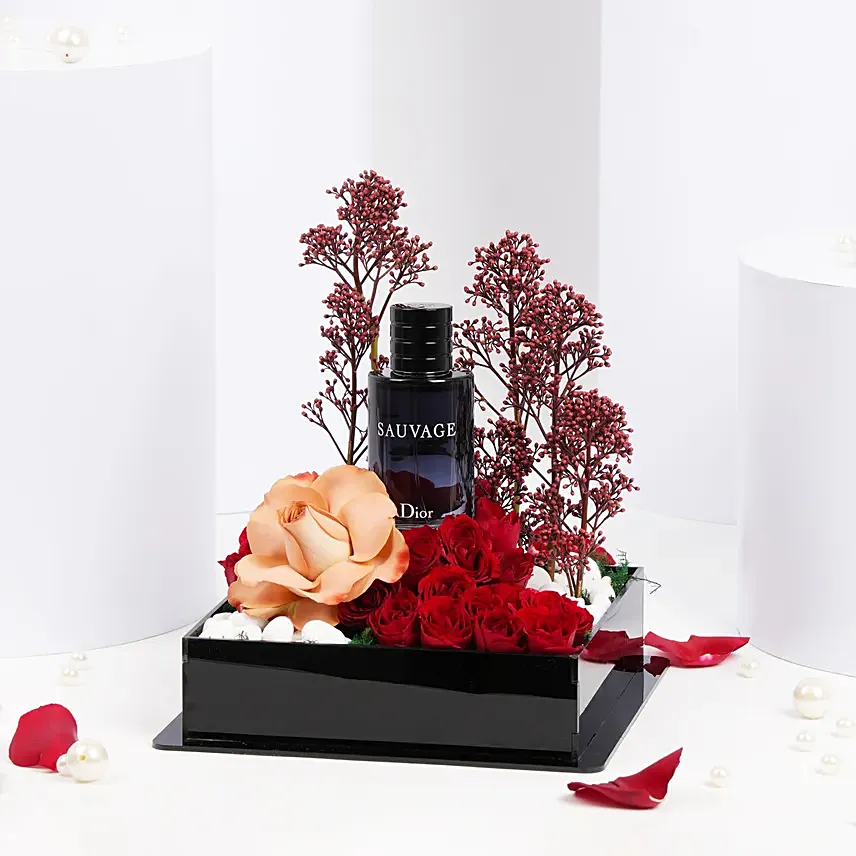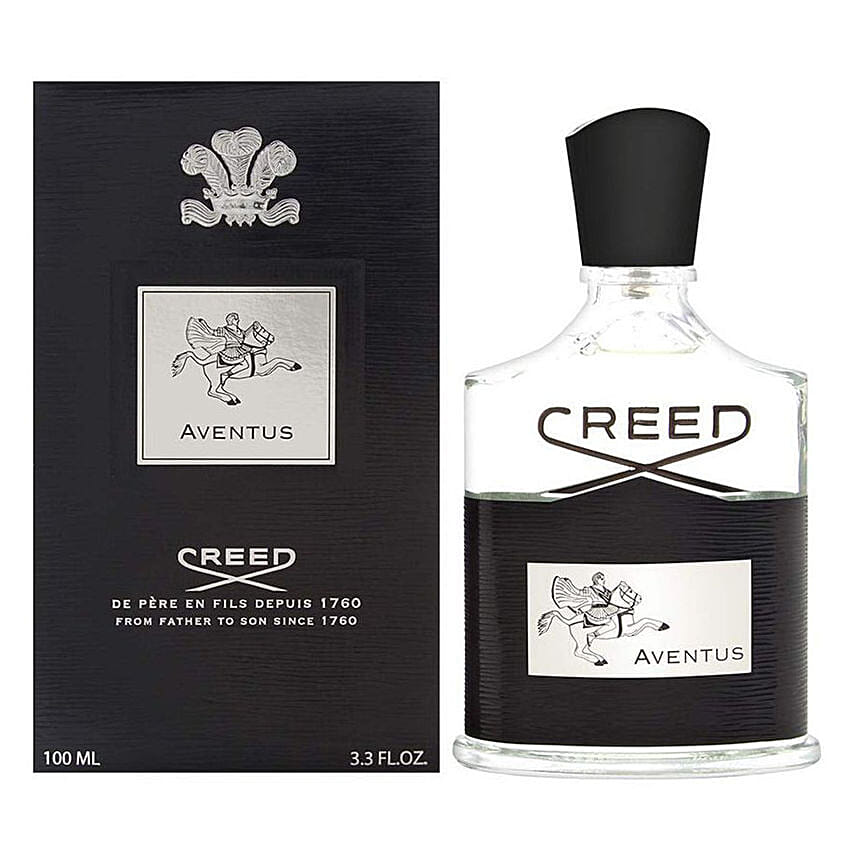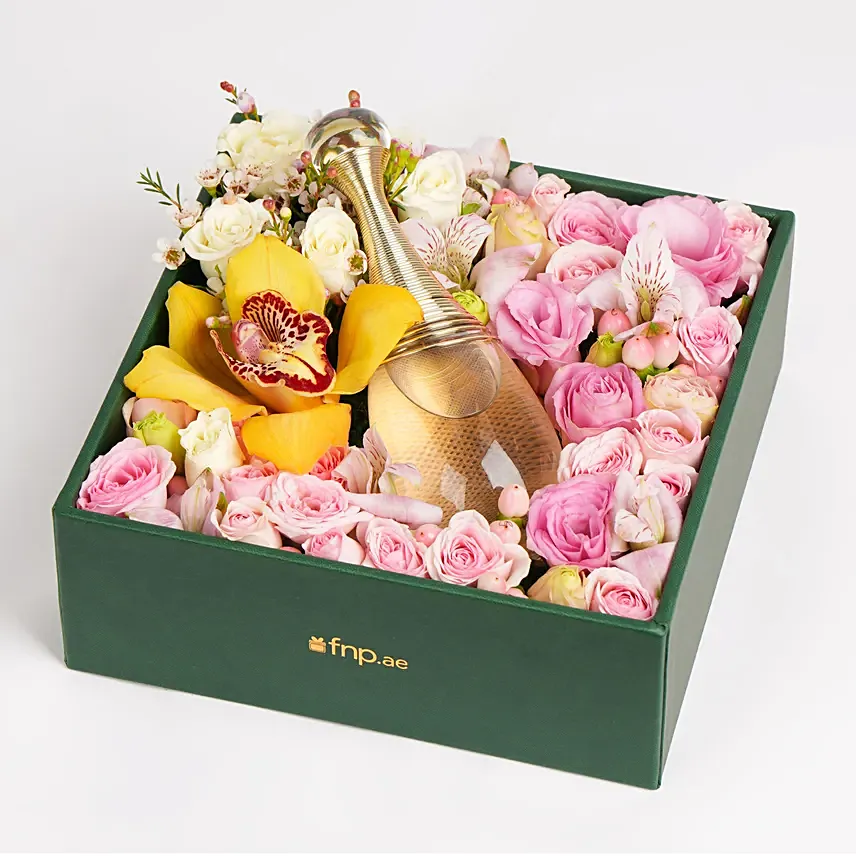Perfume is an identity, emotion, and memory. With the fragrance market expanding rapidly, it’s easy to feel overwhelmed by the sheer number of options. At the heart of it all lies an ongoing debate: designer versus niche fragrances. To the untrained nose, both categories may seem luxurious. But dig a little deeper, and you’ll discover they cater to entirely different experiences.
This blog breaks down the differences between designer and niche fragrances to help you understand what sets them apart, why it matters, and how to make the best choice for your scent wardrobe. Whether you’re a fragrance connoisseur, a first-time buyer, or someone looking for the perfect gift, you’ll walk away with more clarity (and maybe a few new perfumes on your wishlist).
What is a Designer Fragrance?

Source: fnp.ae
Designer fragrances are the most commonly available type of perfumes. They’re produced by fashion houses that are already known for their clothing, accessories or cosmetics.
These perfumes are:
- Created for mass appeal
- Available in department stores, airports, and online retailers
- Backed by major fashion labels with large marketing budgets
- Often developed in partnership with major fragrance companies or perfumers
Brands such as Dior, Versace, Chanel, Gucci, and Yves Saint Laurent dominate this space. Designer perfumes are made to be universally liked, which means they often use familiar and well-balanced scent profiles. This isn’t a bad thing—in fact, many are expertly blended and long-lasting.
Popular designer perfumes include:
- Dior Sauvage – a powerhouse of fresh, woody masculinity
- Versace Bright Crystal – a beloved fruity floral
- Chanel No. 5 – timeless elegance in a bottle
Price-wise, designer fragrances tend to range from AED 250 to AED 600 for a standard 50–100 ml bottle, making them more accessible to the average shopper.
What is a Niche Fragrance?

Source: fnp.ae
Niche perfumes are created with artistry at their core. These fragrances are not made for mass markets, they are for those who seek uniqueness and are open to bold, unconventional olfactory experiences.
You’ll find these traits in niche fragrances:
- Limited production or small-batch manufacturing
- Sold in boutique stores, niche perfumeries, or online through select platforms
- Use of rare, high-quality, and sometimes experimental ingredients
- No obligation to follow trends—often daring or abstract in composition
Examples of niche fragrance houses include:
- Le Labo – known for its minimalist approach and apothecary aesthetic
- Diptyque – poetic, layered scents with natural inspiration
- Maison Francis Kurkdjian – refined blends with strong projection
- Creed – historic and luxurious, offering distinctive perfumes like Aventus
Niche perfumes typically start from AED 600 and can go well above AED 1,500 depending on the concentration, ingredients, and brand heritage.
Key Differences Between Designer and Niche Fragrances
Production Volume
Designer fragrances are mass-produced to cater to global markets. Niche fragrances are made in smaller batches, often with more care and attention to detail.
Availability
Designer scents are easy to find in retail outlets and online. Niche perfumes may require more effort to track down, often only found in exclusive stores or brand-owned boutiques.
Brand Backing
A brand like Dior or Versace is already established in the fashion and lifestyle sectors. Niche brands like Creed or Le Labo often focus solely on perfumery, building their identity around scent craftsmanship.
Creativity and Composition
Designer perfumes are designed to be crowd-pleasers. Niche fragrances don’t shy away from being polarising except unexpected combinations and complex dry-downs.
Ingredients and Quality
While not a strict rule, niche brands generally use higher concentrations of natural ingredients and innovative synthetics. That said, some designer perfumes are just as well-crafted and luxurious.
Longevity and Sillage
Both categories can have strong performance. However, niche fragrances often invest more in potency, with some having impressive longevity and a bold scent trail.
Price
Designer fragrances tend to be more affordable and budget-friendly, making them accessible to a wider audience. On the other hand, niche perfumes are often positioned at the higher end of the pricing spectrum, with their cost reflecting the exclusivity, artisanal craftsmanship, and premium ingredients that go into each bottle.
Misconceptions to Clear Up
Niche is always better.
Not true. Niche doesn’t always mean higher quality, it just means a different approach. You might not enjoy the scent even if it’s luxurious or rare.
Designer = low quality.
Some designer scents, like Dior Homme Intense or Chanel Les Exclusifs, are masterfully formulated and perform beautifully.
Expensive means better.
A costly bottle doesn’t guarantee compliments or personal satisfaction. Fragrance is deeply personal value lies in how it makes you feel.
How to Start Exploring Both
Start with Samples and Decants
Before committing to a full-sized bottle, it’s wise to explore smaller quantities. Brands often provide 2ml vials of their popular perfumes or discovery set. Many retailers also offer decants in various sizes like 10ml, 20 ml and sometimes even partial bottles. If you want to experience a perfume, 10ml decants are perfect for 4-5 wearing and testing how a fragrance performs on your skin throughout the day.
Use Subscription Services
Many brands allow you to explore a range of scents with a yearly/monthly subscription model, sending you 4-5 samples for trial.
Blind Buying? Be Cautious
Blind buying is risky, especially with niche scents. Read reviews, check note pyramids, and if possible, sample first. If you must blind buy, stick with popular, well-reviewed choices.
Conclusion

Source: fnp.ae
Designer and niche fragrances serve different purposes in the world of scent. Designer perfumes, like those from Dior and Versace, offer wide appeal, accessibility, and polished formulations. Niche perfumes from houses like Creed, Le Labo, and Maison Francis Kurkdjian focus on artistry, uniqueness, and often, storytelling through scent.
There’s no clear winner here; it all depends on your preferences, personality, and occasion. A fragrance doesn’t need to be exclusive to be beautiful. Wear what makes you feel empowered, sensual, or simply like you.
FAQs
Q1. What is the main difference between designer and niche perfumes?
Designer perfumes are mass-produced by fashion houses for broad appeal, while niche perfumes are crafted in smaller batches with unique ingredients and artistic intent.
Q2. Are niche fragrances better than designer fragrances?
Not always. Niche perfumes offer uniqueness, but many designer scents are just as well-crafted. It comes down to personal taste and style.
Q3. Why are niche perfumes more expensive?
They often use rare ingredients, produce in smaller volumes, and invest heavily in artistry rather than mass marketing.
Q4. Can I wear a niche fragrance daily?
Yes, but choose scents that suit your environment. Some niche scents can be bold, so consider the setting before spritzing.
Q5. How can I try perfumes without buying a full bottle?
Look for sample kits, discovery sets, or decant services. Many niche brands offer mini sizes or travel sprays to help you explore.







